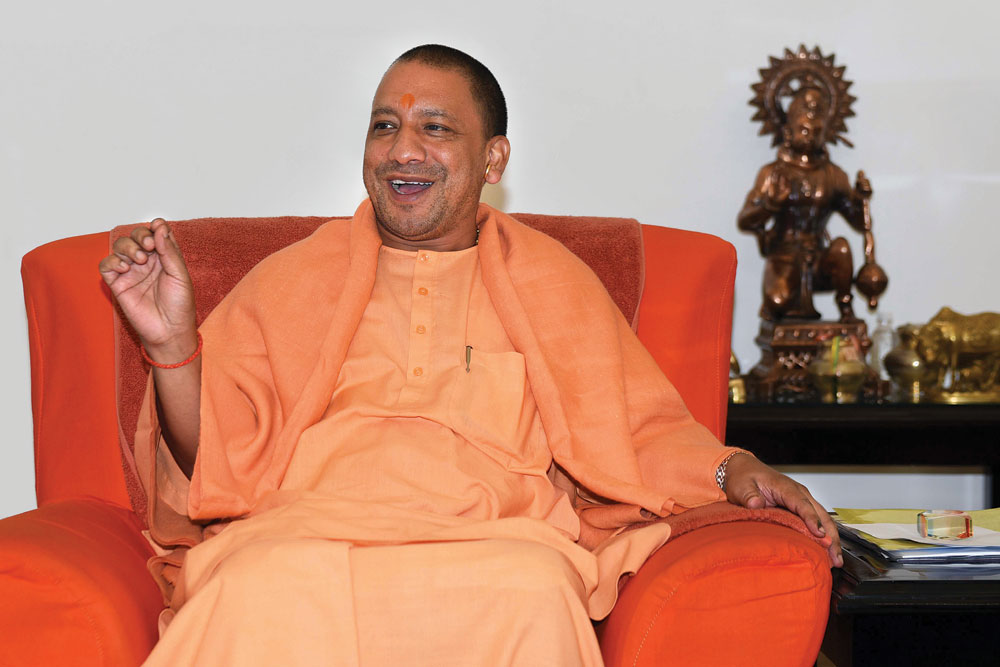Married daughter eligible for job recruitment on compassion grounds
On Thursday, the Uttar Pradesh cabinet headed by CM Yogi Adityanath has green-flagged the proposal to include married daughters in the category of dependents of deceased government officials to be given a government job on compassionate grounds.
Hence, married daughters of government officials who die during their service period would also be eligible to get a government job under deceased dependent quota. The move might potentially lend a renewed traction to BJP’s campaign vis-à-vis women empowerment ahead of the UP polls due early next year.
On Wednesday, the state cabinet cleared the proposal to this effect through a by-circulation. Till now only the wife, a married/unmarried son and unmarried daughter were bracketed as dependents of a deceased government official. The cabinet decided to broaden the definition of dependent daughters to include the married ones too.
However, a senior official said that the married daughter will be lower down the order after the deceased’s wife, married/unmarried son and unmarried daughter. An official further added that “she may also get the job if other family members refuse to take up a government job.”
The Cabinet cleared the proposal that sought a 12th amendment to the Uttar Pradesh rules for recruitment of dependents of government employees following their death while in service. In January, in a hearing the high court held that a married daughter was “no less eligible” for government jobs on compassionate grounds than her married brother or unmarried sister.
Sources said the state government employees had been raising this demand for sometime and the voices became louder in the wake of the pandemic as it saw several women who were dependent on their fathers even after marriage did not get jobs on compassionate grounds.
The state cabinet also approved the Matrbhoomi Scheme allowing people, who have settled in bigger cities/ abroad to contribute to the development of their native village. So, if a person is willing to contribute and bear the 60% cost then the government will bear the remaining 40%.





The Brief. Sign up to receive the top stories you need to know right now.